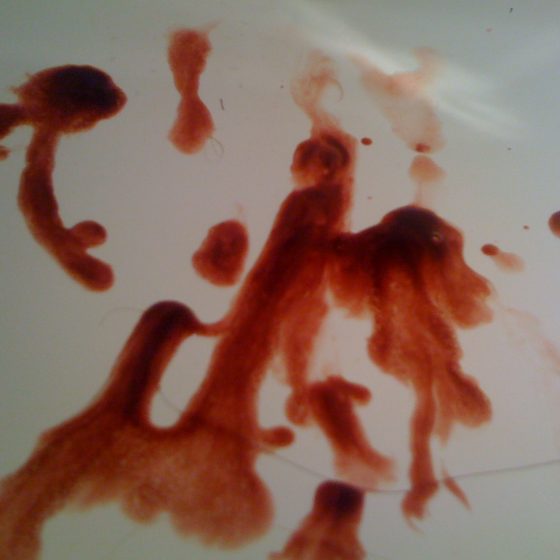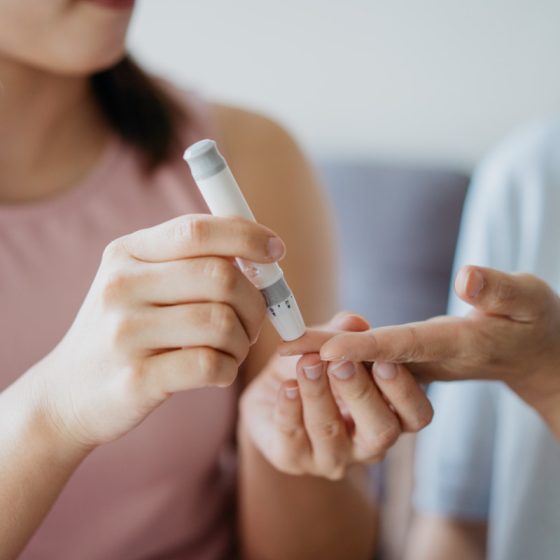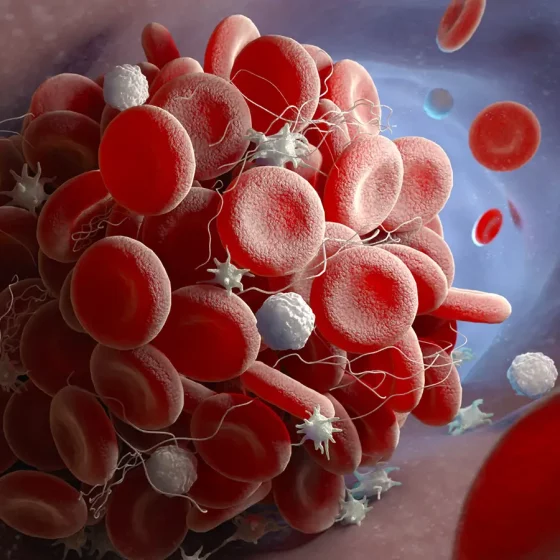Blood in stool
What does blood in stools look like? Blood from your stool could look bright red, or it might be dark red or black. How the blood looks depends on where it is coming from. Spots of red blood on the toilet paper, drops in the toilet bowl, blood on the surface of your stool or in your underwear indicate the bleeding is coming from the anus or lower rectum. If the blood is mixed in with your stool, this suggests bleeding might be from higher up in the bowel. If your stools are black and like tar, and they smell



